District Announces Over $1 Million in Settlements With Title Loan Lenders
(Washington, DC) – Mayor Adrian Fenty and Attorney General Peter J. Nickles today announced that the District has resolved two major lawsuits against auto title lenders Loan Max and CashPoint for alleged violations of DC’s Consumer Protection Procedures Act, which occurred from November 2007 through May 2009. The Office of Attorney General first filed the lawsuits in March 2009.
“I commend the Office of Attorney General for their hard work on this settlement,” said Mayor Fenty. “The actions by CashPoint and Loan Max were inexcusable and my administration will continue to pursue companies who prey on the District’s vulnerable consumers to gain profit.”
Loan Max and CashPoint are money lenders that issue consumer loans secured by the borrower’s motor vehicle title. Loan Max and CashPoint each issued hundreds of loans to District consumers out of their Virginia stores since November 2007.
Loan Max and CashPoint charged District consumers interest rates of over 300 percent APR on these short-term loans, which is well-above the District’s statutory maximum of 24 percent APR. The companies actively solicited District consumers to come to their Virginia stores through a combination of radio and TV commercials that were broadcast in the District.
“I am very pleased at how quickly Loan Max and Cash Point moved to resolve our concerns as to their business practices with respect to District consumers,” said Attorney General Peter Nickles. “Loan Max and CashPoint cooperated fully with my office throughout these investigations and this office’s vigorous enforcement of our consumer laws has resulted in these substantial refunds.”
Full Summary of Settlement with Cash Point and Loan Max
Answers to Frequently Asked Questions on Settlements
Loan Max and CashPoint have agreed to provide District residents with full refunds – not only of the interest that was charged above the statutory cap of 24 percent -- but for all interest that was charged and paid by District residents between November 24, 2007 and May 2009. Over 650 District residents are eligible to receive hundreds of thousands of dollars in refunds under the terms of the settlement.
In addition, Loan Max and CashPoint have agreed to return all vehicles that they repossessed from District consumers and that are still in the companies’ possession. For those consumers whose cars have already been sold at auction, the companies have agreed to refund to the owners the full amount for which the cars were sold. The companies also have agreed to make substantial contributions to the District’s Consumer Protection Fund, to be used for consumer protection and education purposes.
Finally, both companies have agreed that they will cease making loans in the District.Within the next month, Loan Max and CashPoint will be mailing claim forms to all District residents who have transacted business with these companies since November 24, 2007.
The OAG’s office received significant assistance in its investigation from the Washington Division of the Better Business Bureau. For further information about this settlement and to determine whether you may be entitled to a refund, go to www.consumer.dc.gov and or call the consumer protection hotline at (202) 442-9828.
“I commend the Office of Attorney General for their hard work on this settlement,” said Mayor Fenty. “The actions by CashPoint and Loan Max were inexcusable and my administration will continue to pursue companies who prey on the District’s vulnerable consumers to gain profit.”
Loan Max and CashPoint are money lenders that issue consumer loans secured by the borrower’s motor vehicle title. Loan Max and CashPoint each issued hundreds of loans to District consumers out of their Virginia stores since November 2007.
Loan Max and CashPoint charged District consumers interest rates of over 300 percent APR on these short-term loans, which is well-above the District’s statutory maximum of 24 percent APR. The companies actively solicited District consumers to come to their Virginia stores through a combination of radio and TV commercials that were broadcast in the District.
“I am very pleased at how quickly Loan Max and Cash Point moved to resolve our concerns as to their business practices with respect to District consumers,” said Attorney General Peter Nickles. “Loan Max and CashPoint cooperated fully with my office throughout these investigations and this office’s vigorous enforcement of our consumer laws has resulted in these substantial refunds.”
Full Summary of Settlement with Cash Point and Loan Max
Answers to Frequently Asked Questions on Settlements
Loan Max and CashPoint have agreed to provide District residents with full refunds – not only of the interest that was charged above the statutory cap of 24 percent -- but for all interest that was charged and paid by District residents between November 24, 2007 and May 2009. Over 650 District residents are eligible to receive hundreds of thousands of dollars in refunds under the terms of the settlement.
In addition, Loan Max and CashPoint have agreed to return all vehicles that they repossessed from District consumers and that are still in the companies’ possession. For those consumers whose cars have already been sold at auction, the companies have agreed to refund to the owners the full amount for which the cars were sold. The companies also have agreed to make substantial contributions to the District’s Consumer Protection Fund, to be used for consumer protection and education purposes.
Finally, both companies have agreed that they will cease making loans in the District.Within the next month, Loan Max and CashPoint will be mailing claim forms to all District residents who have transacted business with these companies since November 24, 2007.
The OAG’s office received significant assistance in its investigation from the Washington Division of the Better Business Bureau. For further information about this settlement and to determine whether you may be entitled to a refund, go to www.consumer.dc.gov and or call the consumer protection hotline at (202) 442-9828.
